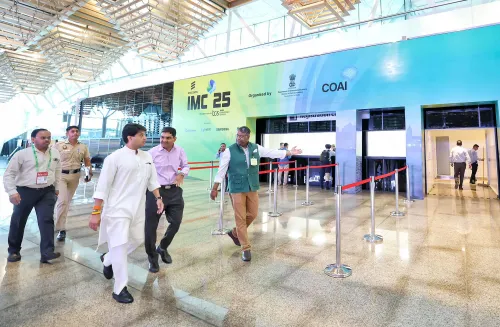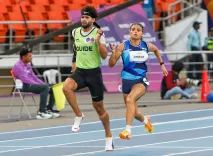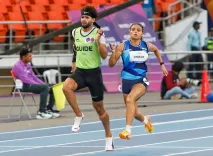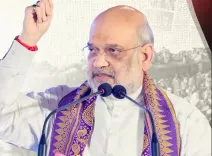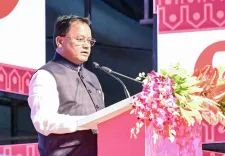In 2024, Niramaya Health Insurance Scheme Sees Enrollment of 47,307 Individuals with Autism and Cerebral Palsy: Government Report
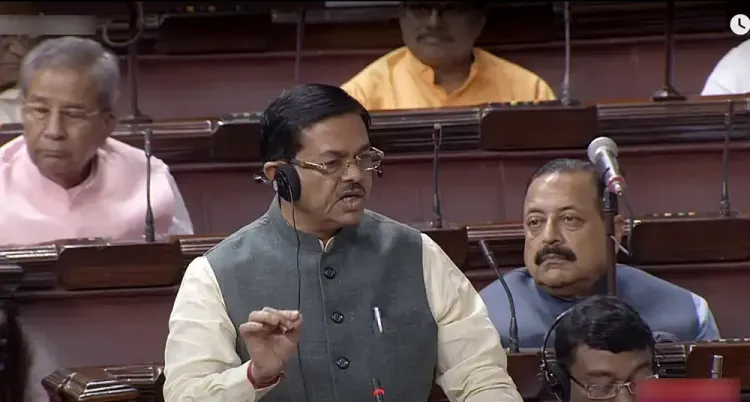
New Delhi, Dec 11 (NationPress) Approximately 47,307 individuals diagnosed with autism, cerebral palsy, and other cognitive disabilities have successfully enrolled in the Niramaya Health Insurance Scheme, as disclosed by Union Minister of State for Social Justice and Empowerment B.L. Verma in a written response during the Rajya Sabha session today.
This scheme is part of the National Trust, which was instituted under the National Trust Act, 1999, with the purpose of enhancing the welfare of individuals facing autism, cerebral palsy, mental retardation, and multiple disabilities.
The initiative aims to offer affordable and comprehensive health insurance coverage to those with these disabilities.
“As of 2024-25, a total of 47,307 individuals with autism and cerebral palsy have enrolled in the Niramaya health insurance scheme thus far,” Verma stated.
He highlighted that the Niramaya scheme has been operational for the past three years.
During the financial year 2023-24, the government allocated and utilized Rs 13.87 crore for the scheme, while Rs 18.14 crores were spent in 2022-23, as reported by the MoS. In the year 2021-22, Rs 11.38 crore was also allocated and utilized for the scheme, he added.
Furthermore, Verma mentioned that Persons with Disabilities (PwD) can also access benefits through the flagship health initiative Ayushman Bharat Pradhan Mantri - Jan Arogya Yojana (AB PM-JAY).
AB PM-JAY provides health coverage of Rs. 5 lakhs per family annually for secondary and tertiary hospitalization needs. This scheme is accessible to around 55 crore beneficiaries, representing 12.37 crore families from the economically vulnerable bottom 40 percent of India's populace.
“Regarding the inclusion of Persons with Disabilities (PwD) under AB PM-JAY, it should be noted that the scheme's beneficiary pool includes impoverished and vulnerable families identified in the Socio-Economic Caste Census (SECC-2011). The SECC-2011 includes deprivation criteria for rural areas, one of which is ‘Disabled member and no able-bodied adult member’,” Verma explained.

